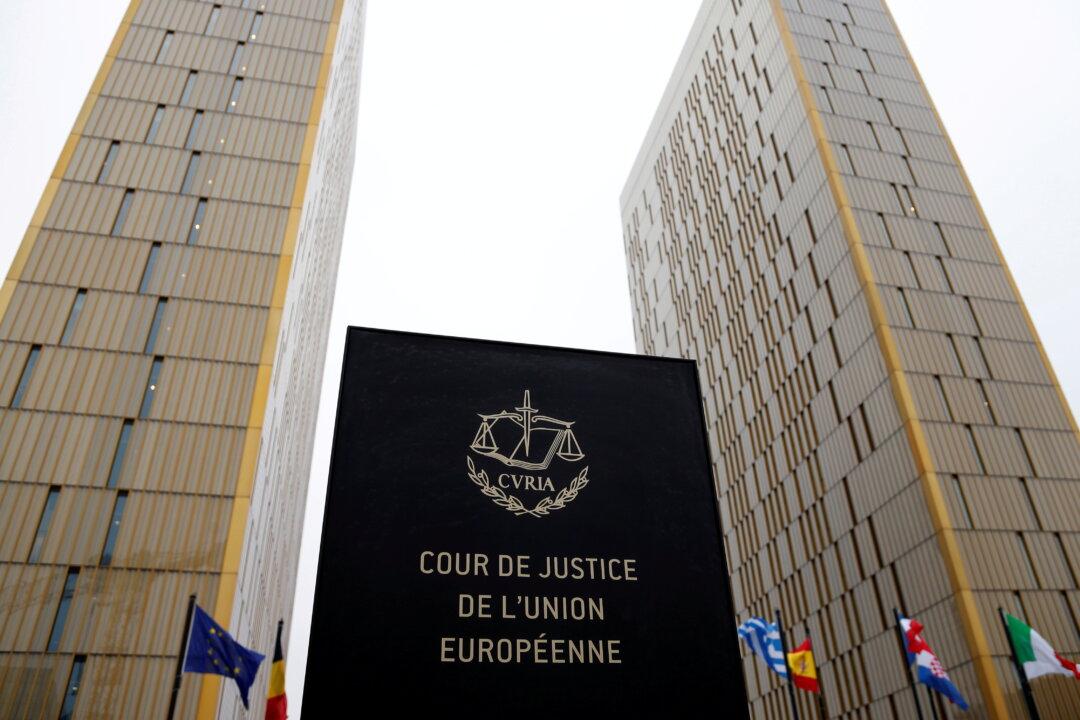The Polish government must pay a 1 million euro (about $1.2 million) penalty per day for maintaining a disciplinary chamber for judges, the European Union’s top court, citing the primacy of EU law over national law, ruled on Oct. 27.
“As it has not suspended the application of the provisions of national legislation relating, in particular, to the areas of jurisdiction of the Disciplinary Chamber of the Supreme Court, Poland is ordered to pay the European Commission a daily penalty payment in an amount of €1.000.000,” the Court of Justice of the European Union (CJEU) said in a statement.





